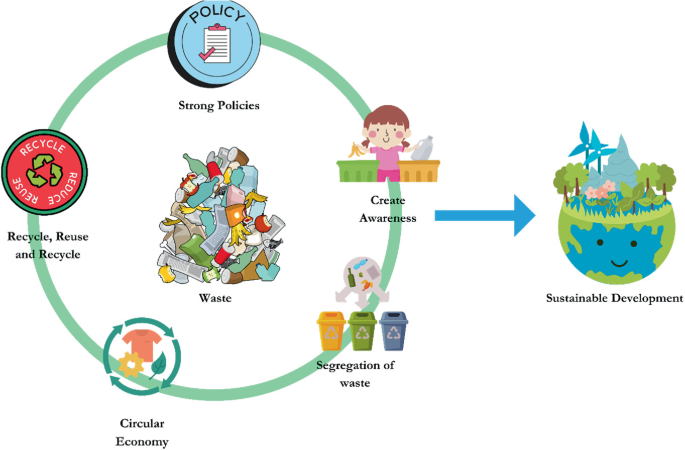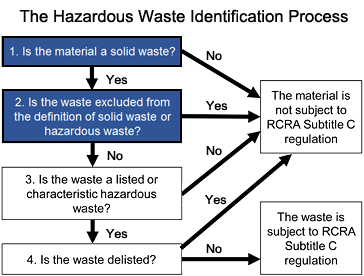Get This Report on Reclaim Waste
Get This Report on Reclaim Waste
Blog Article
8 Simple Techniques For Reclaim Waste
Table of Contents3 Simple Techniques For Reclaim Waste10 Simple Techniques For Reclaim WasteReclaim Waste Things To Know Before You Get This9 Simple Techniques For Reclaim WasteThe Ultimate Guide To Reclaim Waste
Discover the kinds, incidents, and forms of liquid waste. Domestic sewer waste refers to the waste and items from a domestic septic system. This kind of waste is created by human beings in houses, colleges, and various other buildings. This only consists of septic systems that have a drain field. The appropriate monitoring and disposal of domestic sewer waste need liquid waste to be moved to a sewage therapy plant where the proper techniques and devices are applied to cleanse and get rid of waste.
Commercial waste often consists of potential dangers, such as flammable materials or a mixture of fluid and solid waste items, and calls for an advanced and thorough disposal procedure. The disposal of business waste usually entails the filtration of waste before transportation to ensure risk-free and appropriate disposal. Hazardous waste is developed from by-products and runoff of commercial procedures and production.
This type of waste can not use the exact same sewer management transportation or procedures as septic or industrial liquids. The hazardous waste management process requires the inspection and screening of liquid waste prior to it undergoes the disposal process (industrial wastewater treatment). Overflow waste is the liquid waste that comes from drainage and excess stormwater in very inhabited areas or cities
Overflow waste can create contamination and flooding if not taken care of effectively. Discover more concerning sewage system cleansing and waste management. Guaranteeing appropriate waste administration can stop disasters and lower environmental harm. Both people in domestic settings and experts in industrial or production sectors can benefit from recognizing the processes and policies of liquid waste management.
The Main Principles Of Reclaim Waste
Call PROS Providers today to find out about our waste management and disposal solutions and the appropriate ways to care for the fluid waste you generate.
(https://www.edocr.com/v/pd6avrzq/leonaube33101/reclaim-waste)This so-called 'wastewater' is not just a vital source however, after treatment, will certainly be launched to our land, rivers or the sea. Used water from commodes, showers, bathrooms, cooking area sinks, washings and commercial procedures is understood as wastewater.

water used to cool equipment or clean plant and equipment). Stormwater, a type of wastewater, is runoff that flows from farming and city areas such as roofs, parks, gardens, roadways, paths and rain gutters into stormwater drains, after rainfall. Stormwater moves neglected directly to neighborhood creeks or rivers, eventually getting to the sea.
Some Known Facts About Reclaim Waste.
In Queensland, a lot of wastewater is dealt with at sewer treatment plants. Wastewater is transferred from domestic or industrial websites via a system of drains and pump stations, understood as sewage reticulation, to a sewage treatment plant. Regional federal governments build, maintain and operate most sewer therapy plants. Operators are licensed under the Environmental Management Act 1994 to discharge cured wastewater at an appropriate environmental criterion right into rivers.
The Department of Natural Resources advises regional governments about handling, operating and keeping sewerage systems and treatment plants. In unsewered areas, neighborhood governments may require householders to install specific or family sewer treatment systems to treat residential wastewater from bathrooms, cooking areas, restrooms and laundries. The Department of Natural Resources authorises making use of home systems when they are confirmed to be reliable.
In some brand-new communities, treatment of some stormwater to eliminate litter, sand and gravel has begun making use of gross pollutant catches. Wastewater treatment happens in 4 stages: Eliminates solid issue.
Uses tiny living organisms recognizes as micro-organisms to damage down and remove continuing to be dissolved wastes and great fragments. Micro-organisms and wastes are integrated in the sludge.
Things about Reclaim Waste
Nutrient elimination is not available in any way sewage treatment plants because it calls for pricey specialized equipment. It is coming to be a lot more typical in Queensland. Clear liquid effluent created after therapy may still include disease-causing micro-organisms. If this effluent is launched into waterways such as rivers or the sea, the Resources micro-organisms will at some point pass away out.

This generally suggests wastewater has actually to be treated or pollutants eliminated before it can be released to waterways. Most wastewater flows right into the sewerage system. Under the Act, city governments administer authorizations and licences for environmentally pertinent activities (ERAs) entailing wastewater releases that could have a neighborhood influence. The department carries out approvals and permits to Ages involving wastewater releases that might have a local or statewide impact.
Some Known Details About Reclaim Waste
Surveillance provides factual details concerning water top quality and can verify that licence conditions are being fulfilled. The information acquired with tracking offers the basis for making water quality decisions.
Report this page